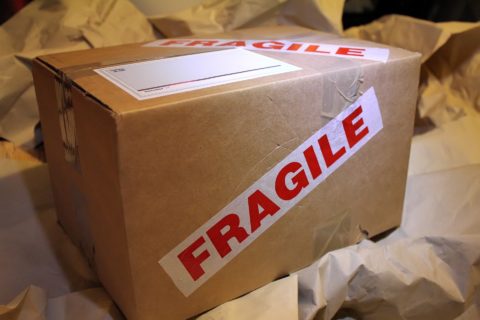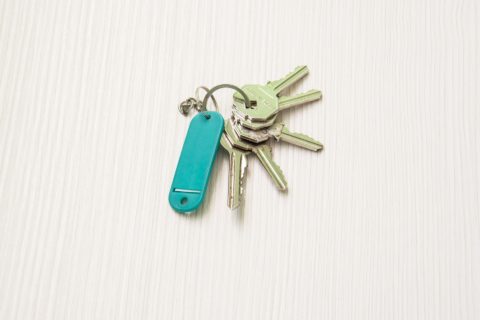Moving home is stressful for anyone. For students possibly even more so. This could be their first time moving away from home. If you’re a student, moving into student halls or a house is the first big thing of many you’ll have to do.
This can seem a little bit daunting (I know I thought it was!). But luckily I’ve put together a few tips to make packing for uni that much easier.
Many of these things come in handy not just for students but also regular movers, too.
Make a list
Before you start moving things and putting them in boxes. Before you do anything else. Make a list. This list is going to be your best friend during your move.
List all the things you want to take with you, room by room. Plates? Check. Clothes? Check. Stuffed animal that you’ve had for years and just can’t bear to leave behind? Check!
This list will help you keep track of things. Crossing things off as they’re packed can help you make sure you haven’t forgotten anything.

Can you leave things behind?
If you feel like you’ve got waaay too much stuff, it could be a better idea to buy some things when you get there. General household items, like bedding and kitchenware, are easy to get once you move to your new place.
If you’re moving into halls, you can usually buy a pack full of these things from your accommodation. It’ll be ready for you as you move in. And if you want to leave it in your university town during the long summer holidays then just rent a cheap self-storage unit for the purpose.
Label your boxes
This is another tip to help you keep track of your items. It’s a good thing to pack your boxes methodically for moving. But remembering which box you put things in is definitely going to come in handy when it comes to unpacking. Write clearly on the box the kinds of things that are in it, and which room it should go in.

Moving into Halls?
Make sure you know where you’re going and what to do on the day
It seems obvious, but it can be quite easy to get lost trying to find your accommodation. Getting your keys and finding your room can also be a hassle. Though your accommodation should have people there to show you around, it’s not smooth sailing for everyone. Which is why it can be a good idea to check beforehand where you need to go.
Moving Out of Halls
If you’re moving out of halls, there’s also a checklist of things you need to do before you leave. You’re likely to have paid a deposit before you moved in, so doing these things can help make it more likely to get it back
Clean
You won’t get your deposit back if your accommodation has to hire cleaners to tidy your room when you’re gone. Make sure that your room is as tidy as you can make it. Wipe down surfaces (even in the bathroom!) and hoover (but maybe don’t hoover the bathroom).

Hand in keys
You’re not just going home for the holidays, you’re moving out of your accommodation for good. Meaning you won’t need your keys again. If you accidentally take them home, but live far away, you could get charged for replacement keys
Check for HOW you’ll get it back
Getting your accommodation deposit back can involve some effort on your part. You might have to do some other things, such as fill in a form online or request your deposit back.
DON’T FORGET things that aren’t in your room
You may have other things at uni that you don’t keep in your room. You might have your bike in a bike shed, or if you’re a music student you could have our instrument in a store room. If somehow you have sporting equipment at uni that you need to take, remember to take them back with you too.
Remember!
For both moving in and out of halls, make sure you have all of your important documents with you.
When moving in, make sure to bring your accommodation contract with you and your acceptance letter. As well as this, remember to bring photo ID (such as a passport or driving license) and proof of your home address (you can find this on a bank statement).
